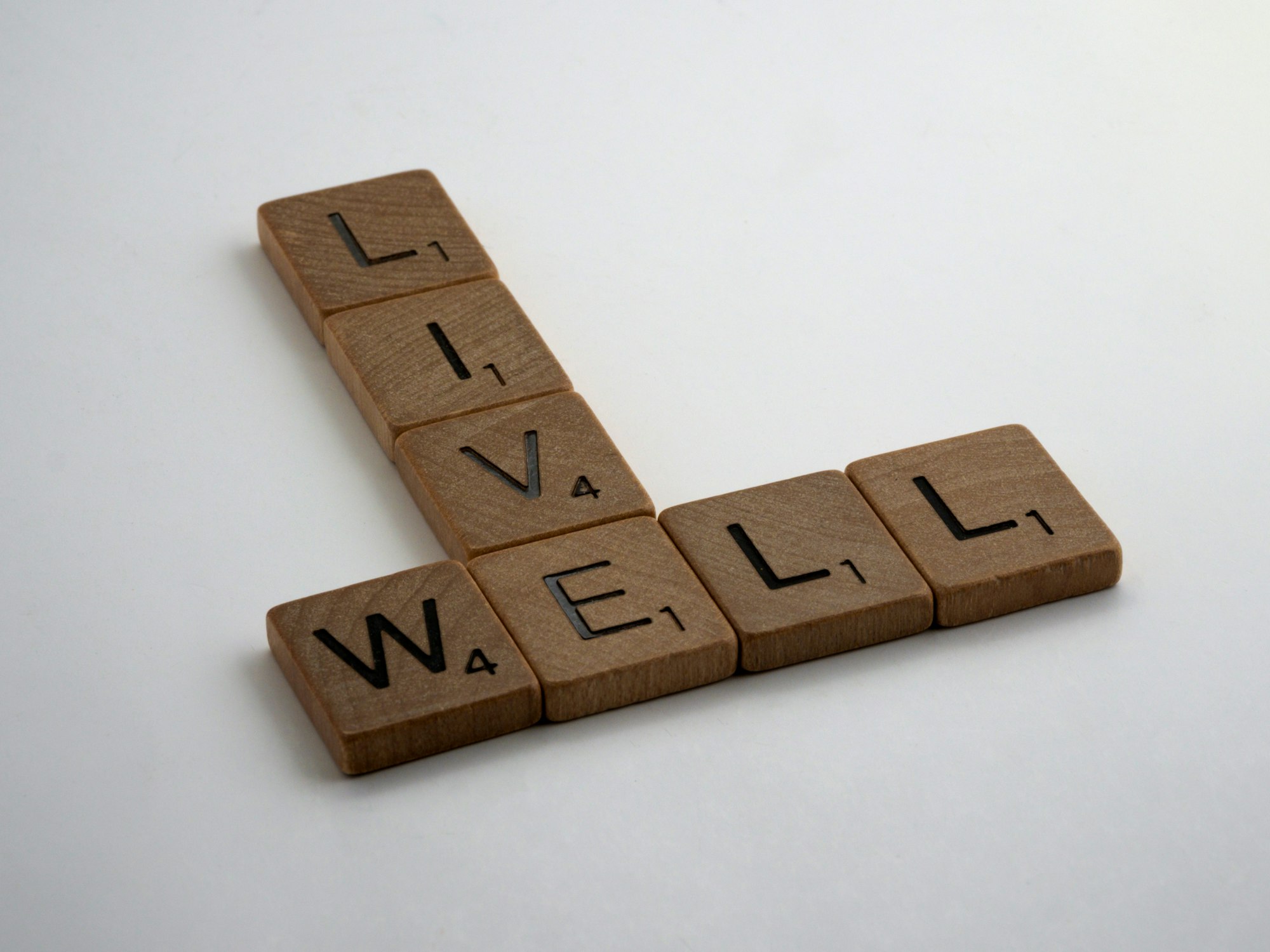A modern ten commandments

The Abrahamic ten commandments are seen by many as the basis for our laws, even though they aren't. These commandments are examples of early legal codes that come from when church and state were synonymous. Other religions have similar precepts for an orderly civil society.
We no longer live in a theocracy, at least in the G7, but that doesn't mean that the ten commandments or similar lists of rules aren't helpful. They can give us examples of what to avoid. But they're not much better than the types of rules parents give children. Do this, or don't do that, "because." Just "because." As adults, we need to understand the underlying reasons. Why is a rule what it is? How can we generalize it to other areas in our life?
With that, let's look at what the ten commandments could look like in our modern Bene Homini way based on science and empathy. These ten are based on the Protestant Christian version.
- Don't let superstition and misinformation get in the way of science and scientific thinking.
- Don't let material things get in the way of seeing other people for who they are.
- Don't misrepresent science or scientific knowledge; don't use science to hurt or deceive others.
- Don't get overwhelmed. Take time for yourself. If possible, find a day a week without responsibilities driven by work or the needs of others.
- Empathize with your parents, friends, neighbors, and everyone else. They are people just like you.
- Don't hurt people.
- Don't cheat people.
- Don't take things from other people.
- Don't spread lies or misinformation about other people; don't frame other people.
- Don't get distracted by wishing for things that aren't yours.
Of course, these can be restated in terms of empathy:
- Empathize with the universe: use science to see it as it really is and understand its limits.
- Empathize with others: see them for who they really are and treat them with the same respect you want to be treated.
- Empathize with yourself: understand your limits and take time for yourself so that you can help others.
And with these three, we can see how we should act towards ourselves, other people, and the universe.
